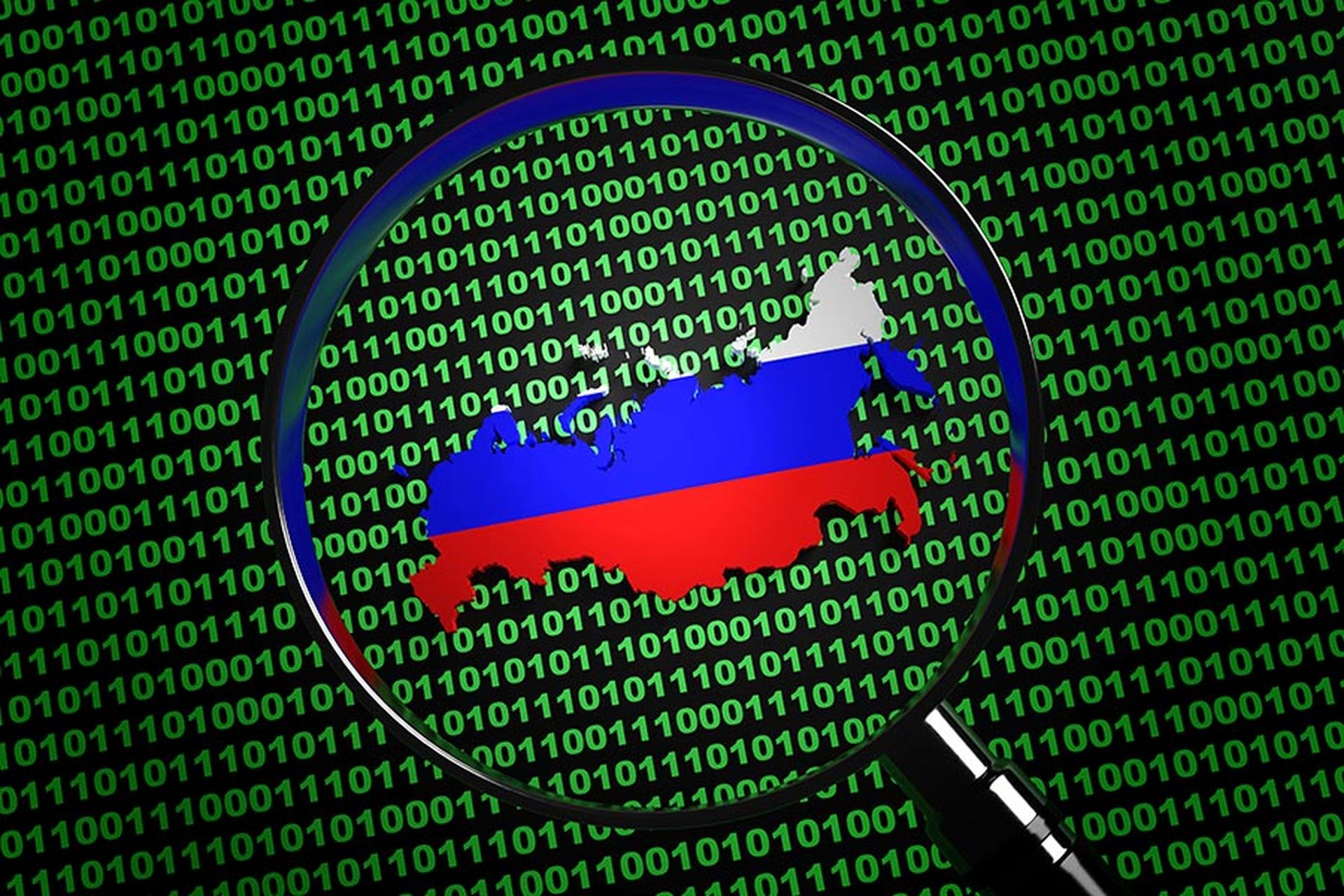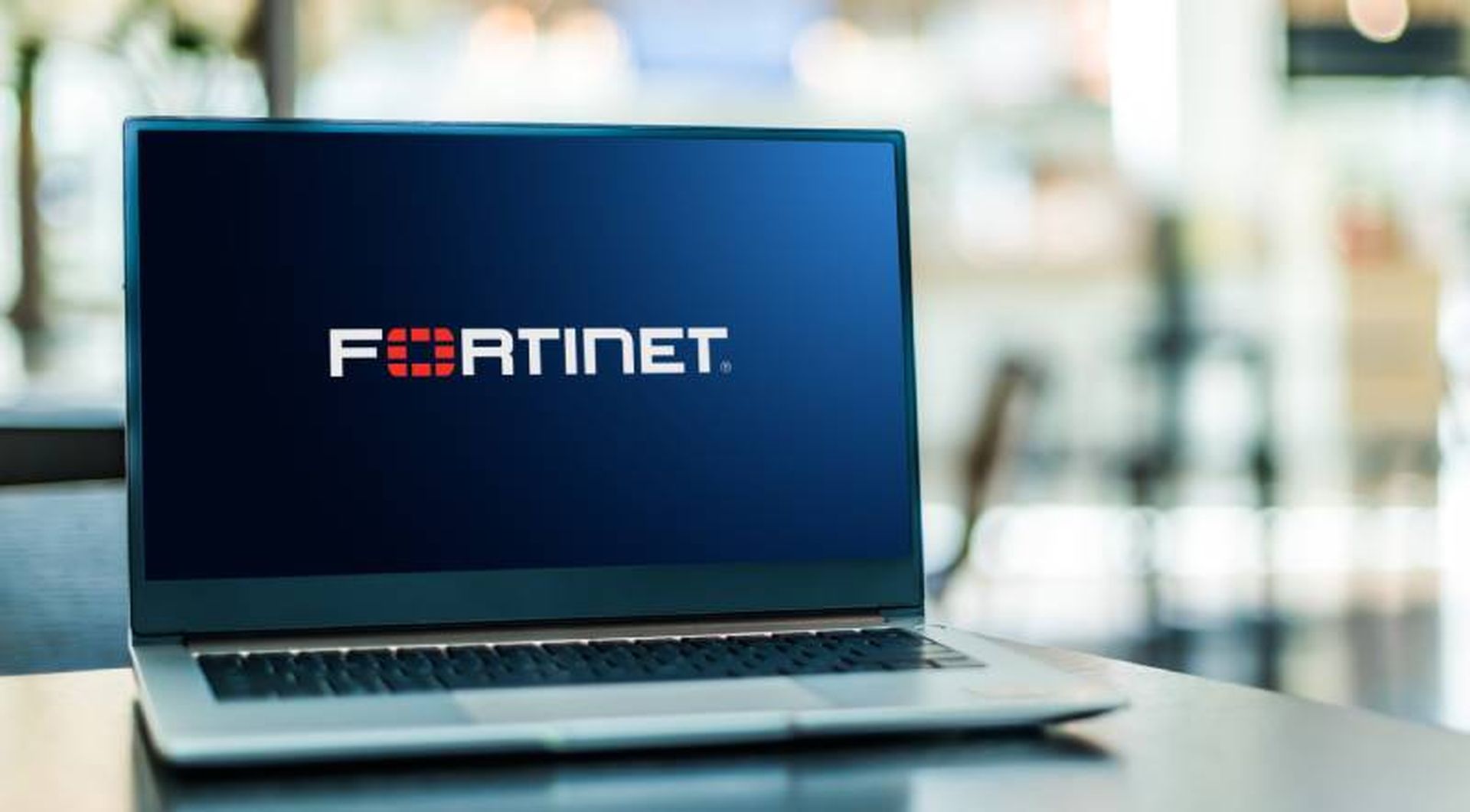In an international bust, U.S. and European law enforcement have arrested 17 individuals for their suspected involvement in illicit underground marketplaces, including the alleged operator of Silk Road 2.0.
On Thursday, the FBI announced that Blake Benthall, a 26-year-old San Francisco resident, had been charged with four counts, which include conspiring to commit computer hacking, narcotics trafficking, trafficking fraudulent identification documents and one count of money laundering conspiracy. Known by the online moniker, “Defcon,” Benthall allegedly became Silk Road 2.0's admin in December 2013, the FBI said.
Silk Road 2.0 was launched on the Tor network about one month after the FBI took down the original illicit online marketplace and indicted its operator, Ross Ulbricht, also known as Dread Pirate Roberts (DPR). The black market is described by Feds as a “hidden website designed to enable its users to buy and sell illegal drugs and other unlawful goods and services anonymously and beyond the reach of law enforcement.”
Silk Road's successor, version 2.0, is estimated by the FBI to have generated sales of at least $8 million per month, as of September, when it had around 150,000 active users.
Homeland Security Investigations, an investigative arm of the Department of Homeland Security, was able to infiltrate itself in the illegal operation, in the form on an undercover agent that posed as support staff. The agent was given access to "private, restricted areas of the site reserved for Benthall and his administrative staff," the FBI revealed.
If convicted, Benthall could spend his life behind bars, as the one count of conspiring to commit narcotics trafficking, alone, carries a maximum life sentence. (See indictment PDF.)
Manhattan U.S. Attorney Preet Bharara gave a sobering statement on Thursday, saying that Silk Road, “in whatever form, is the road to prison.”
“Those looking to follow in the footsteps of alleged cybercriminals should understand that we will return as many times as necessary to shut down noxious online criminal bazaars. We don't get tired,” Bharara said.
Following the announcement of Benthall's arrest, the FBI's New York field office detailed the far-reaching efforts of police to crack down on online “dark markets.”
On Friday, the agency said that Silk Road 2.0, along with hundreds of other illicit websites (accessible through Tor and accepting payments for illegal goods and services in bitcoin) were seized. Among the shuttered sites were marketplaces known as Pandora, Blue Sky, Hyrda, Executive Outcomes, Fake ID and Cloud Nine.
A Reuters report said that the international operation, dubbed “Onymous,” entailed raids in several countries, including the U.S., U.K., Spain, France, Finland, Romania, Switzerland, the Netherlands, Bulgaria and Sweden, leading to 17 arrests related to black market site activities.
Already, reports of another marketplace, “Silk Road 3 Reloaded,” have surfaced, with The Daily Dot reporting that the site (which predated the FBI's raid) changed its name from Diabolus Market after the Silk Road shutdown. The outlet noted, however, that the site “began with humbler intentions” as a “cannabis only” marketplace, and that the “Silk Road brand is now damaged beyond repair."
In a call, which now appears to foreshadow the Silk Road bust and subsequent site seizures, New York Sen. Charles Schumer urged the Drug Enforcement Administration and Department of Justice last week to go after “copy cat websites” that continued to facilitate illicit drug sales after the original Silk Road's closure. Schumer noted that the copy cat sites could be “more difficult to target than one centralized marketplace,” and that a “top to bottom investigation” of dark web sites was needed.



